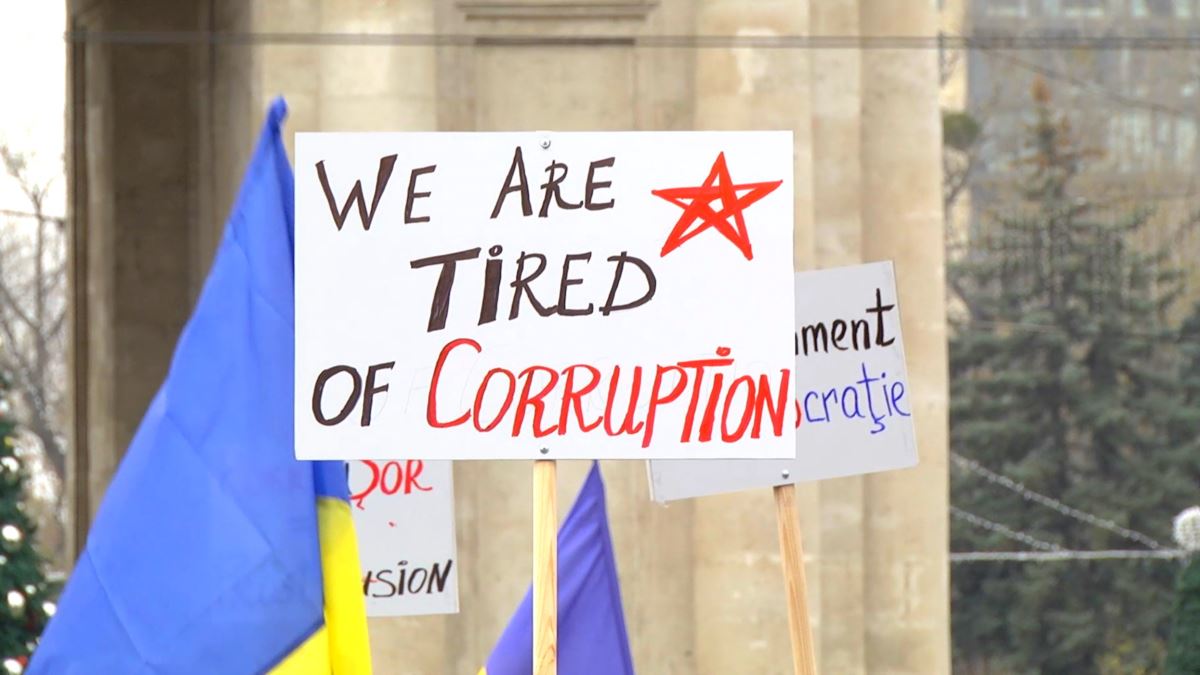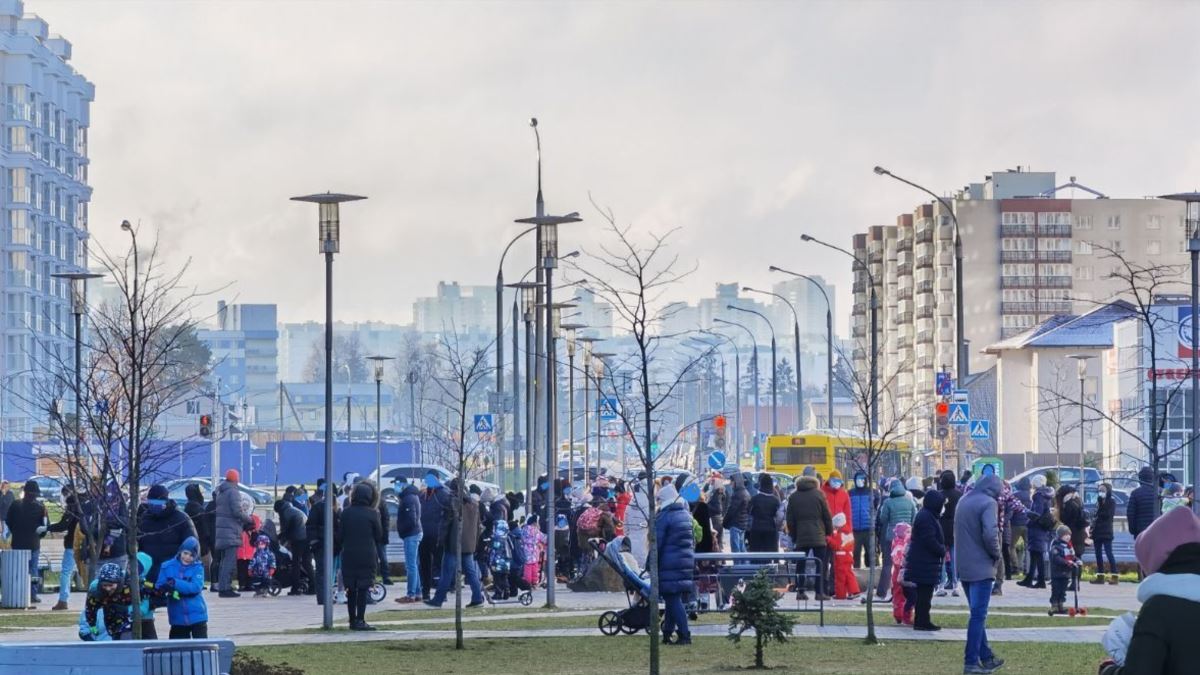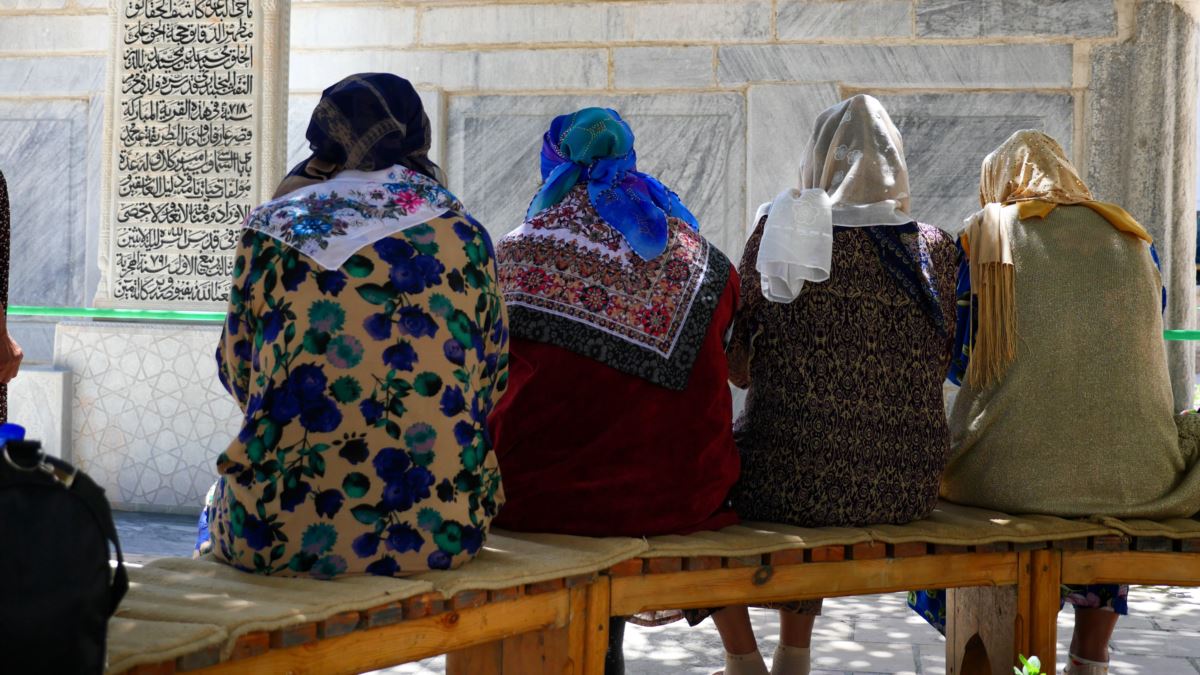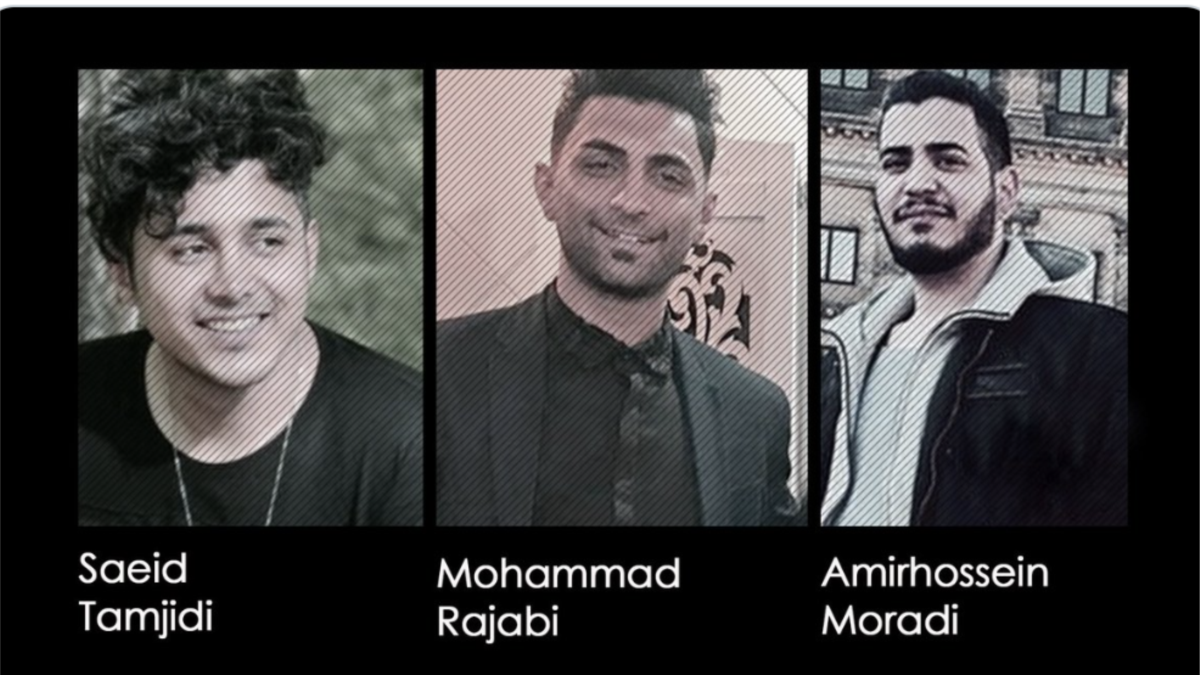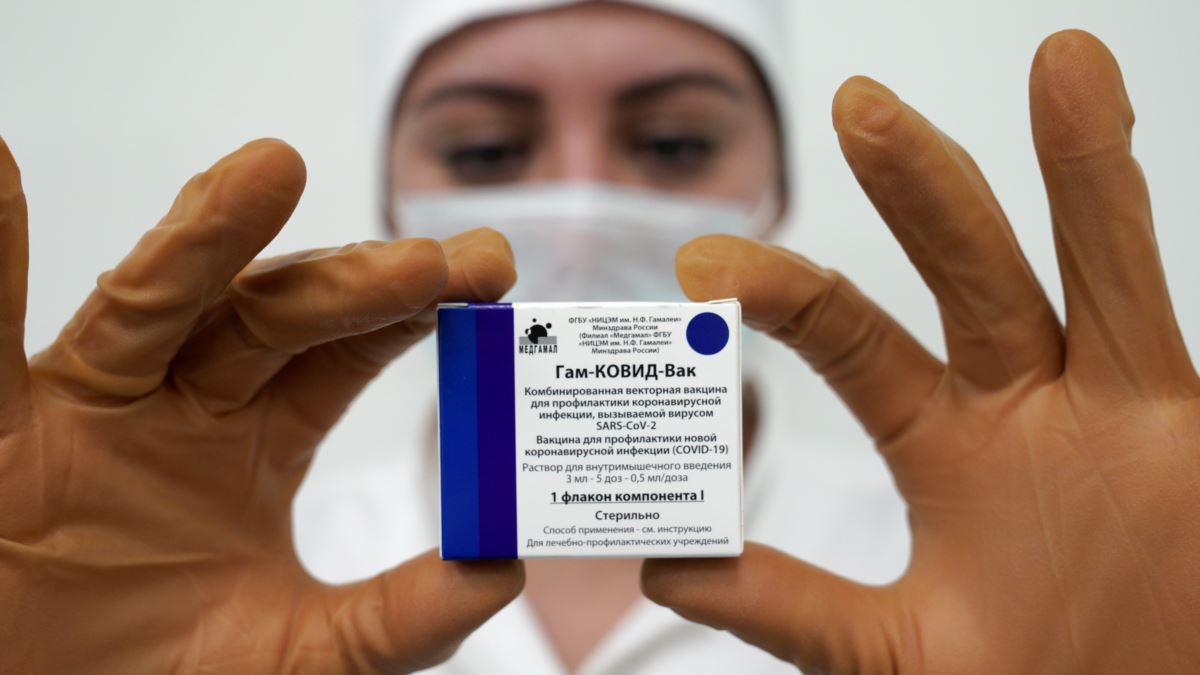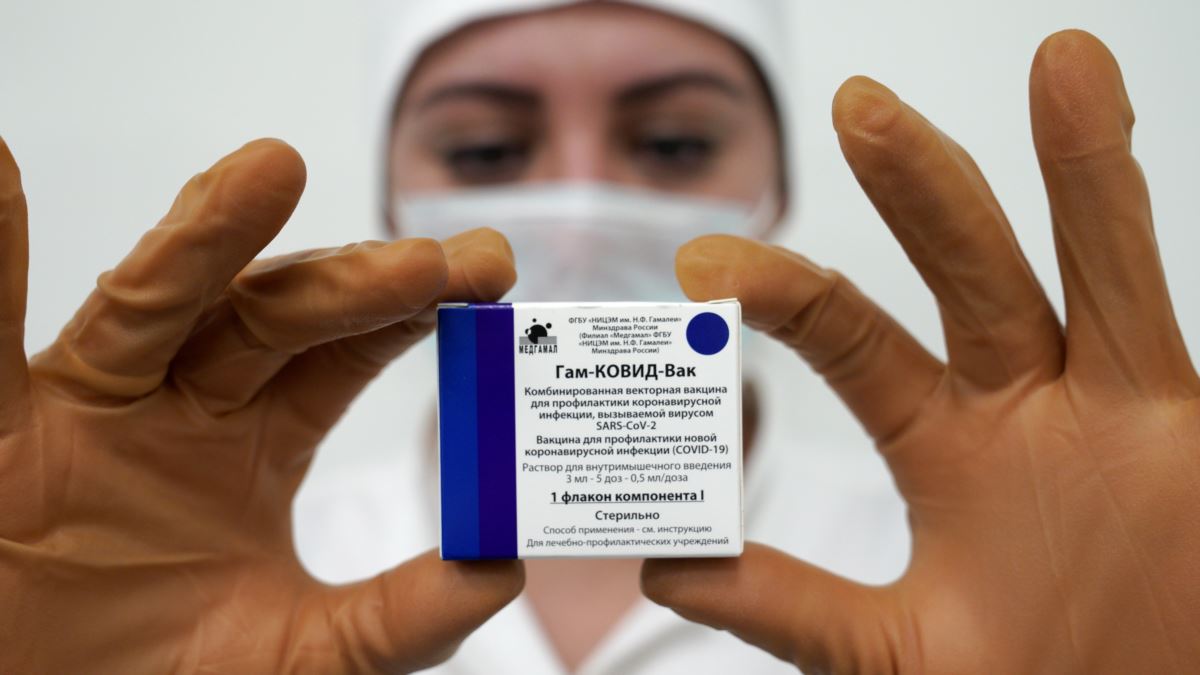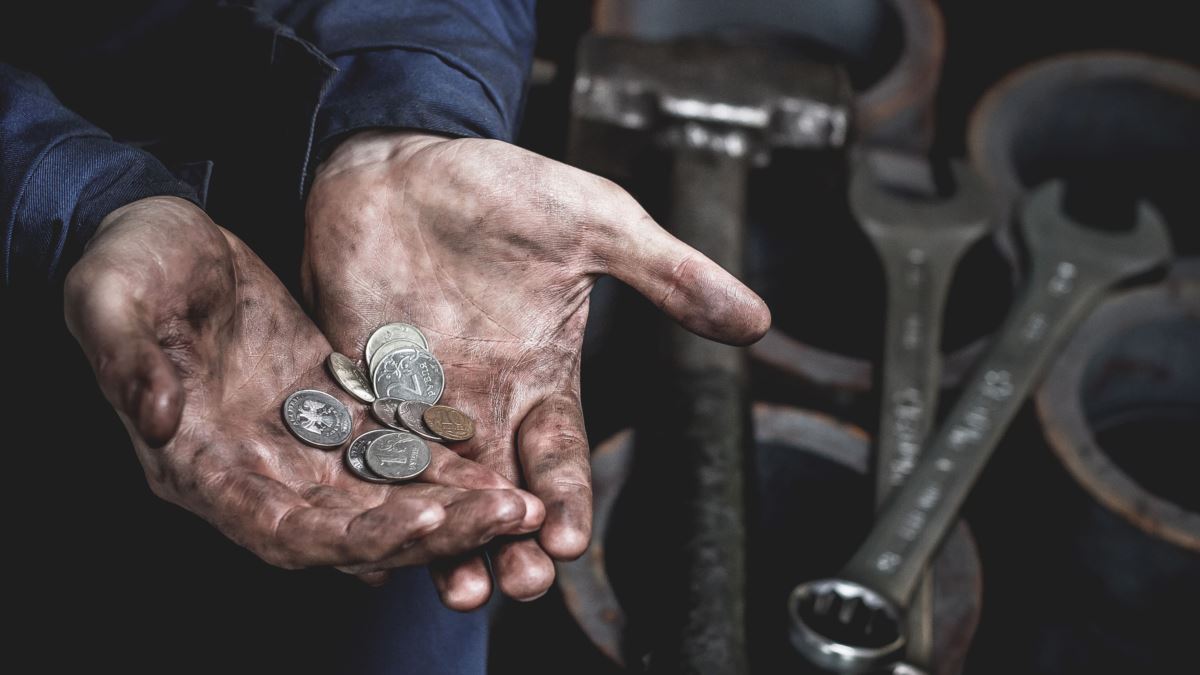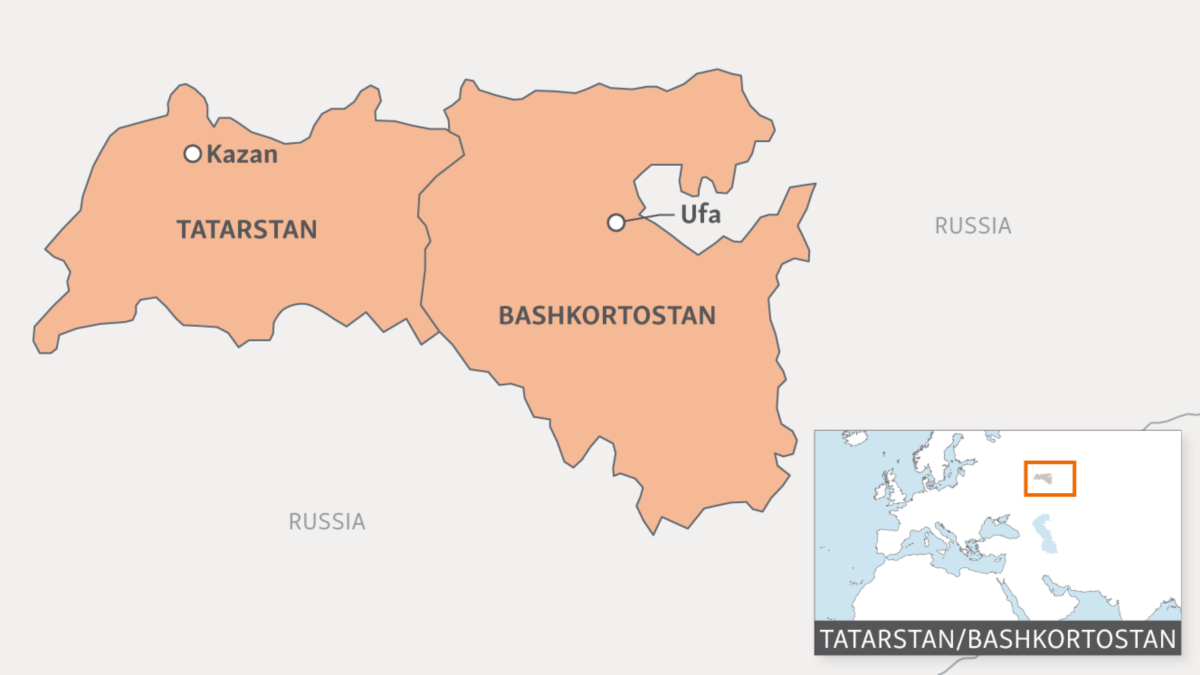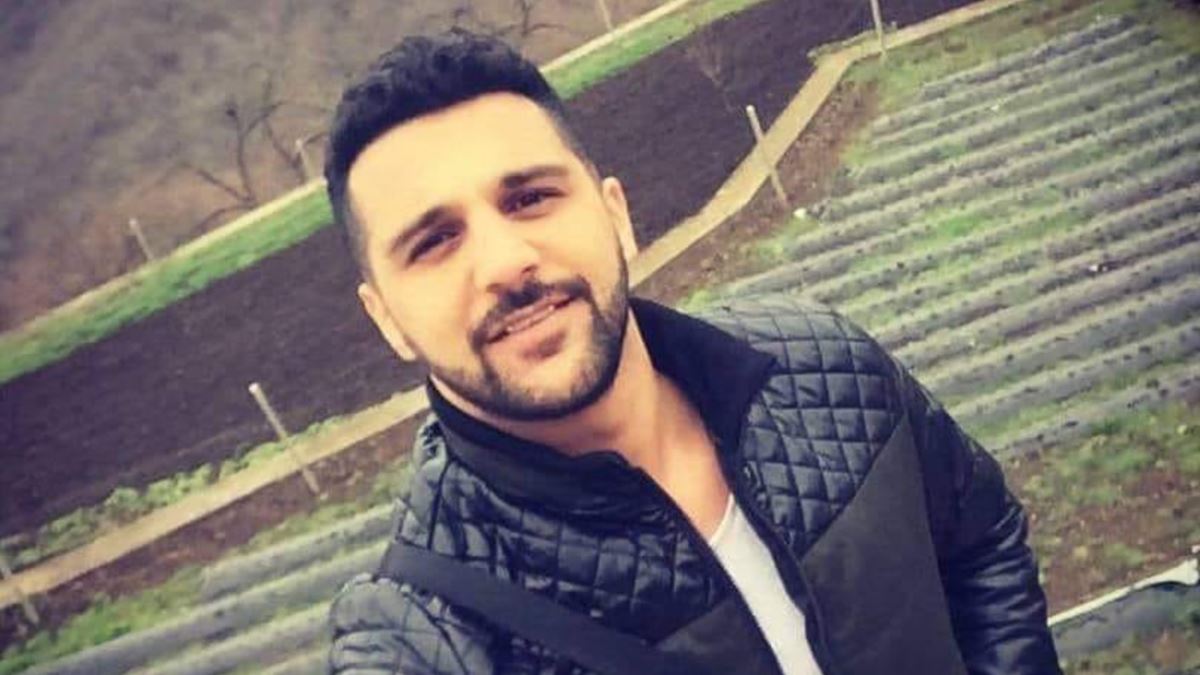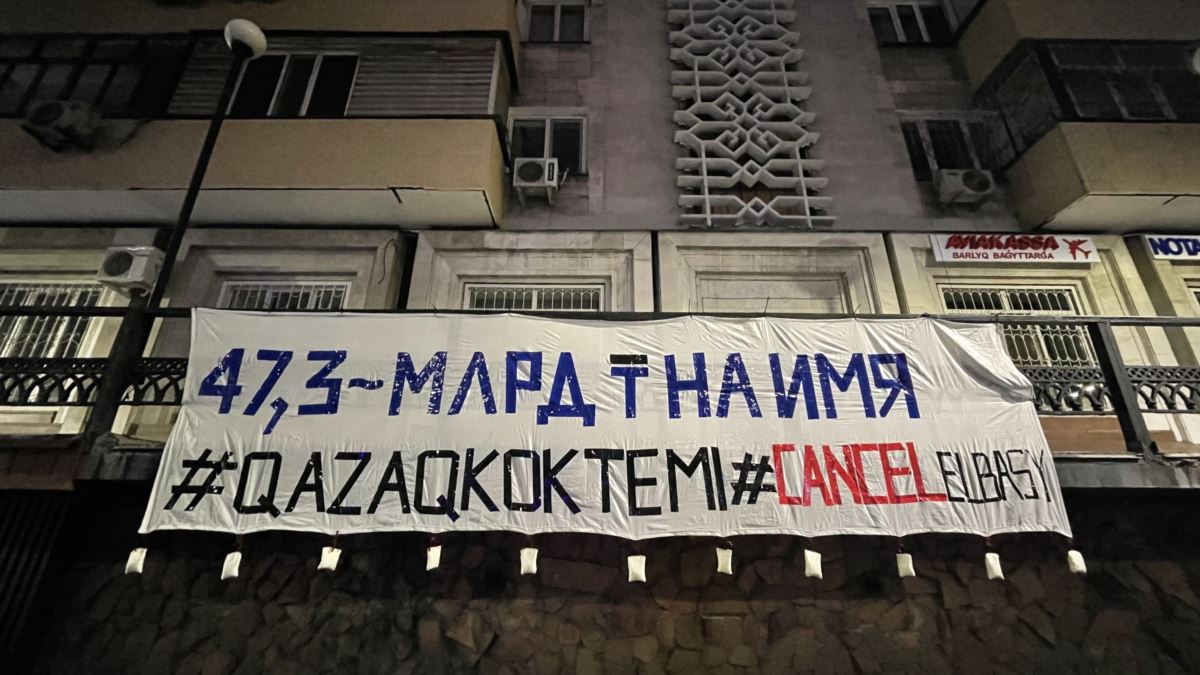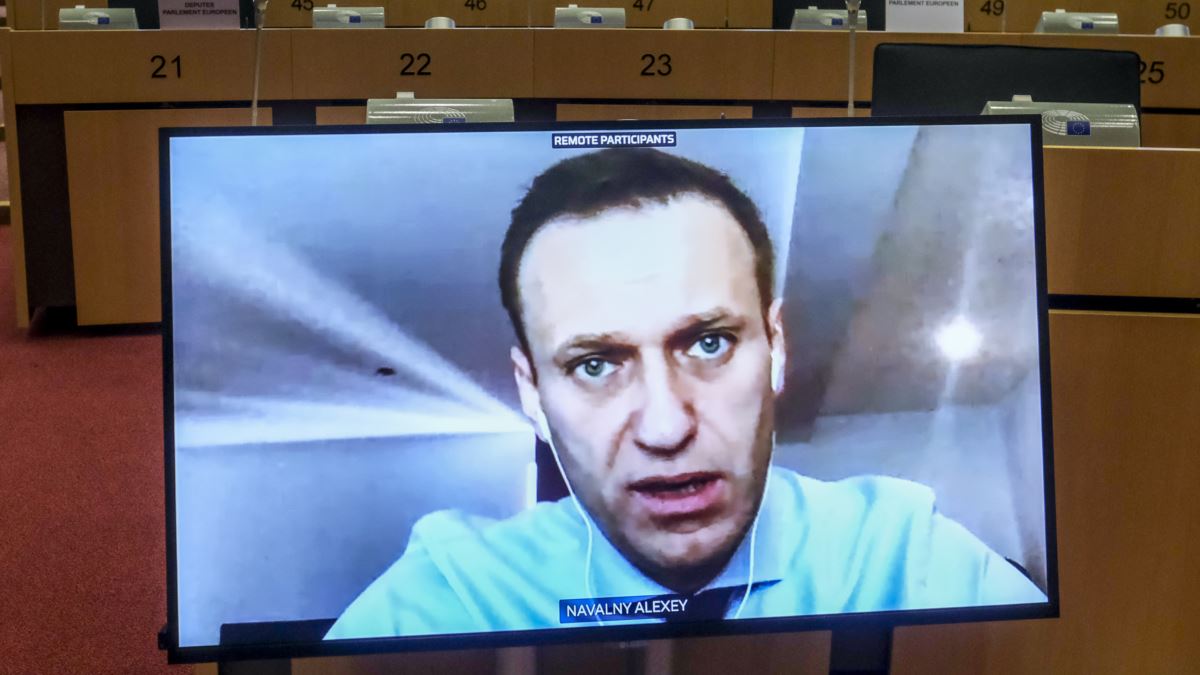Its ostensible target was Belgrade, and it was almost certainly an intended broadside against Podgorica’s new government.
But the diplomatic expulsion amid a back-and-forth in the Balkans has instead laid bare fault lines that are likely to keep rattling the political landscape in one of Europe’s youngest states for some time.
It is just one of the outward signs that tremors loom for the tiny Adriatic coastal state of Montenegro as a fledgling ruling coalition is set to take on three decades of entrenched power; a dominant church led from abroad is maneuvering to replace a bishop credited with helping flip the country’s recent elections; and obstacles continue to block membership in a European Union that is grappling with its own internal questions about commitments to the rule of law.
All of it as Montenegro’s 620,000 citizens experience government without President Milo Djukanovic’s Democrat Party of Socialists (DPS) for the first time in their 14 years of independence.
The ousted Social Democrats had led every Montenegrin government dating back to the breakup of Yugoslavia in the early 1990s — longer if you count the 45 years of rule by the League of Communists that it succeeded.
Their run ended when a vote of confidence in the National Assembly on December 4 propelled three awkwardly matched political groupings — a pro-Serbian, a center-right, and a green bloc — into government three months after elections on August 30.
They hold a one-vote majority after campaigning to shed the political and economic stagnation, corruption, and state ties to organized crime that many Montenegrins blame on Djukanovic and his DPS.
Balkan Games?
Just a week before the vote in parliament, the Montenegrin Foreign Ministry declared the ambassador from neighboring Serbia persona non grata, sparking friction in Podgorica and Belgrade.
It cited Ambassador Vladimir Bozovic’s “long and continuous interference” in Montenegrin affairs and “behavior and statements incompatible with the usual, acceptable standards of diplomatic office.”
It elicited an initial announcement of a response in kind by Belgrade before Serbian officials reconsidered and avoided rising to the bait.
“What’s happened now with the expulsion of the Serbian ambassador in Podgorica was not at all directed against Belgrade or [Serbian President Aleksandar] Vucic,” says Dusan Reljic, a Southeastern Europe analyst for the German Institute for International and Security Affairs. “It was Djukanovic’s move to hurt and perhaps motivate the opposition that’s now taking over as a majority government into some rash action.”
Other analysts called it “a parting gesture” timed to hinder the new government and a tactic by the still-powerful Djukanovic to maintain support with the kind of “tough stance toward Serbia” that he has exploited well for years.
Montenegrin President Milo Djukanovic will not give up power easily.
Belgrade and Montenegro’s coalition-in-waiting called it an effort by outgoing elements to destabilize bilateral relations.
Playing The Nationalist Card
The relationship between the two former Yugoslav republics is not without its irritants, some of which are exacerbated by shared culture and Podgorica’s decision to leave their joint federation in 2006.
Djukanovic has spent much of his three decades atop Montenegrin politics moving the country on from Yugoslavia, ushering in independence from Serbia, and battling to promote a national identity distinct from Serbia’s with a homegrown orthodoxy outside the Serbian Orthodox Church.
There was also an alleged coup attempt during Montenegro’s elections four years ago that led to the conviction of eight Serbian nationals among the 13 people found guilty of participating in a plot to kill Djukanovic, who was prime minister at the time, and bring pro-Russian politicians to power.
Just last week, Montenegro’s special prosecutor reportedly accused Serbian authorities of conspiring to overturn some of those verdicts for political reasons.
Serbian President Vucic, who has publicly eschewed radical ultranationalism since 2008 but encourages ties between Belgrade and Serbian communities abroad, has routinely dismissed Djukanovic’s accusations of meddling and occasionally swiped back.
Their very public exchanges have led many to suggest that they are props in both men’s nationalist plays to their respective constituencies.
Last week, Djukanovic was able to “reassert his tough stance towards Serbia and try to preserve his support among citizens on an issue he [has] exploited very well in the last two decades,” says Dejan Bursac, a research associate at Belgrade’s Institute for Political Studies.
After Serbia’s government “posed as strong and determined” to its public by first ordering a reciprocal expulsion, Bursac says, “Vucic reversed the decision…the next day and promoted himself as a regional peacemaker.”
He is not alone in suggesting that each has served as a foil for the other in politically expedient spats during the past decade.
“I don’t believe that there are genuine tensions between Belgrade and Podgorica,” Reljic says. “Whatever was happening in the last couple of years, there was never…a confrontation between…Djukanovic and Vucic. As a matter of fact, there was always the impression that they avoided attacking each other and that they were really, to a great extent, coordinating, synchronizing their political actions.”
Serbia’s Aleksandar Vucic (left) and Montenegro’s Djukanovic: Playing the same cards?
The expelled Serbian ambassador’s offense, however, touched a particularly raw nerve among some Montenegrins by describing a hastily arranged gathering organized by Serbs that effectively folded Montenegro into the future Yugoslavia in 1918 as a “liberation.”
“The Serbian ambassador’s assertion that it represented a ‘liberation’ and was the ‘free expression’ of the Montenegrins can, of course, be contested by historians or, indeed, politicians who are inclined to take the view that Montenegro’s independence was revoked unfairly as a consequence of the Assembly of Podgorica,” says Kenneth Morrison, a professor of modern Southeastern European history at Britain’s De Montfort University. “And one would assume that Ambassador Bozovic knew how incendiary his words might be interpreted to be before making the statement.”
Holy ‘Spillover’
The Podgorica Assembly is a watershed event in Montenegrin history and a litmus test of sorts on questions of history, ethno-nationalism, and independence.
It was used as a cutoff for a controversial new law on religion that Djukanovic pushed through a year ago over the loud objections of the Serbian Orthodox Church and its Montenegrin branch, both of which accused him of crafting the law to dispossess the church of its property.
The man who headed that Montenegrin arm of the church even before Djukanovic’s national emergence, Metropolitan Amfilohije, died of COVID-19 in October.
Djukanovic’s relationship with Amfilohije was always complicated. But particularly as the new law on religion was being crafted, he accused Amfilohije and the Serbian church of meddling to undermine Montenegrin politics and national identity.
“There is always a large degree of spillover from religious to political life — in particular, when it comes to the issue of Kosovo [and its independence from Serbia] — but these spillovers have not, in general, affected the relationship between the Serbian and Montenegrin governments in the past few years,” says Emil Bjorn Hilton Saggau, a doctoral student at the University of Copenhagen who has focused on religion in Montenegro.
But Amfilohije’s leadership in the 10 months before his death of a protest campaign that mobilized tens of thousands of Montenegrins in response to the new law on religion was widely credited with helping to tip the August election against Djukanovic.
Across the border in Serbia, Vucic’s popular base also “has been overwhelmingly in support of the church protest,” Saggau says, forcing the reluctant Serbian president to “take a stand on the Montenegrin issue” in a manner he has generally avoided since independence.
“The church protest in Montenegro has forced [Djukanovic and Vucic] to confront each other this past year in what is perhaps the most dangerous question in Montenegrin politics — that of national identity,” Saggau says.
Now, the combination of Amfilohije’s death and the death days later of the Serbian Orthodox Church’s patriarch, Irinej, also of COVID-19, means the church must pick successors to fill both of those hugely influential positions.
Saggau thinks state officials in both countries will try to involve themselves heavily in the succession debates “and try to turn it to their advantage.”
“These deaths and the hospitalization of many Serbian top clergy is really a game-changer,” Saggau says. “It makes the political game much more open and might create further tension or ease it.”
Around two-thirds of Montenegro’s churchgoing public is thought to attend Serbian Orthodox services, despite Djukanovic’s years-long effort to prop up a mostly unrecognized Montenegrin Orthodox Church.
Around one-third of Montenegro’s citizens regard themselves as ethnic Serbs, and about half the population calls its mother tongue Serbian as opposed to Montenegrin.
Djukanovic’s power base is built in part on appealing to Montenegrins who prefer to distance themselves ethno-nationally from Serbs, along with other ethnic minorities whose representatives have chosen to join the Social Democrats in opposition, Reljic says. “The new government will try to keep those minorities but strengthen the participation of those Montenegrins who feel themselves to be Serb.”
“So their natural partner in the region is Serbia, but that doesn’t mean that it’s Mr. Vucic, because they remember the foul games that Vucic played with Djukanovic,” he adds. “They can’t oppose him overtly, but they definitely won’t go to Belgrade to ask for anyone’s opinion.”
Prime Minister-designate Krivokapic pays his respect to the late Archbishop Amfilohije in Podgorica on November 1.
One of the blocs in the incoming Montenegrin government reportedly has already proposed amending “all discriminatory laws,” explicitly including the law on religion that so angered the Serbian Orthodox Church and its faithful throughout the region.
The actions of the new Montenegrin government and its ability — or failure — to withstand pressure from Djukanovic and his Social Democrats on the religion issue could go far in altering the tone between Belgrade and Podgorica, according to Saggau.
“The current tension is mostly fueled by Djukanovic and his allies,” he says, “and if they are more firmly removed from power and the new government dismantles the law on religion, tension will defuse.”
Djukanovic Fighting For Survival
With the confidence vote, the new governing coalition has already accomplished much by ousting the DPS and putting Djukanovic on the defensive.
But Djukanovic shows no signs of wilting in the two years before his current presidential term ends.
And the DPS won the most votes in the August 30 elections, even though its 35 percent of the vote left the opposition trio with a one-seat majority paving the path to power in the 81-member parliament.
Three months of tense coalition talks highlighted a lack of familiarity and potential clashes of policy and personality among the pro-Serbian and pro-Russian For the Future of Montenegro led by Zdravko Krivokapic, the pro-Serbian church but pro-EU Peace is Our Nation, and the liberal and civic-oriented Black on White.
The diplomatic row with much larger neighbor Serbia landed just as Prime Minister-designate Krivokapic was putting the final touches on his proposed cabinet.
“I think [it] is probably a parting gesture by the outgoing government, timed to leave a problem in the hands of the Montenegrin government-in-waiting. So the timing was no coincidence,” Morrison says.
The new “expert government” will try to ride a wave of optimism that things like corruption and the economy might finally improve under different leadership, even as Montenegrins and the rest of the world try to climb out of a devastating pandemic.
It is unclear, however, how long their momentum and public enthusiasm will last.
The respective blocs in the new government have pledged to maintain a “pro-European and pro-Western” orientation, but analysts say there is not much else that unites them.
“What binds…[the opposition] together at this moment is only one wish — to dismember the Djukanovic system which has been in power for 30 years,” Reljic says. “And this is what all of this is going to be about in the next weeks and months: whether they will get rid of Djukanovic or whether Djukanovic will bust the new government.”
Few analysts are are willing to write off Djukanovic’s party yet, and many predict that Djukanovic will continue to fight tooth and nail to bring down the new government, elements of which have signaled a desire to investigate him for possible wrongdoing.
“Djukanovic has to work hard to sow division in the new government to avoid being ousted and [possibly] eventually jailed,” Reljic says. “So already this moment — kicking out the Serbian ambassador — was part of this scheme. He will certainly come up with new plans and strategies.”
EU Fatigue
The European commissioner for enlargement, Hungarian Oliver Varhelyi, tried delicately to step into the breech amid the diplomatic dust-up between Serbia and Montenegro.
He welcomed Belgrade’s de-escalation and urged Podgorica to do the same. “Respect for good neighbourly relations®ional cooperation are cornerstones of #EUenlargement & Association and Stabilisation Process,” Varhelyi tweeted.
It was a relatively standard diplomatic response seemingly intended to tamp down tensions, although it drew some criticism from offended Montenegrins, including a spokesman for Djukanovic’s DPS party.
“I don’t believe his [Varelyi’s] intention was to support either the government-in-waiting or the departing DPS or, indeed, Serbs and Montenegrins,” Morrison says. “He was attempting to mitigate against any further deterioration of bilateral relations between Serbia and Montenegro.”
It was only the latest on a growing list of headaches for the bloc to emerge from a region chock-a-block with EU aspirants, some of whom are inching in the wrong direction politically, economically, or both, from the Brussels perspective.
One of EU officials’ most stubborn problems in the Balkans has been Serbia and the protracted dispute of its former province, Kosovo, over recognition and diplomatic normalization.
The European Union is not blameless. It has urged on the so-called Western Balkan Six — five former Yugoslav entities and Albania — only to heap impediments in their paths as it wrestles with its own problems.
A current impasse involves sudden demands from EU member Bulgaria for historical and linguistic concessions from North Macedonia, less than two years after Skopje’s government renamed the country to appease Greece in another cultural dispute.
Reljic, who is based in Brussels, cites a view among many EU officials and in some European capitals that enlargement has “been a success geopolitically, but it has also weakened the European Union.”
He says that in the eyes of those skeptics, adding more Southeast Europeans to the bloc just “adds to the complexity of the union and further dilutes the basic European values, such as democracy and the rule of law.”
Montenegro, in line since 2012 and the “lead candidate” in the region ever since, got a green light to open its final chapter of accession negotiations in June.
But under Djukanovic and his DPS party’s leadership, it has closed just three of the 35 negotiating chapters of the acquis that makes up the body of EU law and deals with issues like free movement of goods and people, justice, corruption, and media.
A current EU budget dispute stemming from rule-of-law mechanisms pits national populist governments in postcommunist Poland and Hungary — both of which acceded in 2004 — against the rest of the bloc.
It has added fuel to longtime internal demands that the bloc reform its notorious veto power and other procedures before taking in any more members.
Meanwhile, there are perceptions in the Balkans that governments there swung open their markets to Western goods and services despite competitive disadvantages that have created huge trade disparities.
“It’s a bad situation in Brussels and it’s a bad situation in the region,” Reljic says.
He says the Balkans are “bleeding an awful lot of money that is going to the European Union” as a result of that opening up without the benefit of EU structural and cohesion funds that countries like Czech Republic and Hungary receive.
“As long as the political economy doesn’t work, the region is going to diverge, rule of law is going to deteriorate, and such political strongmen and caricatures like Djukanovic and Vucic will stay in power,” Reljic says.
This post was originally published on Radio Free.



